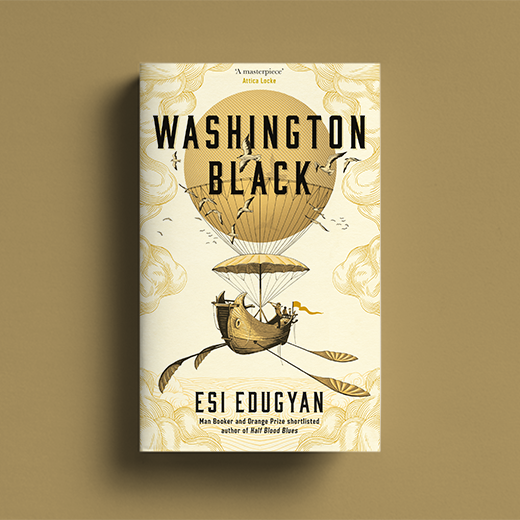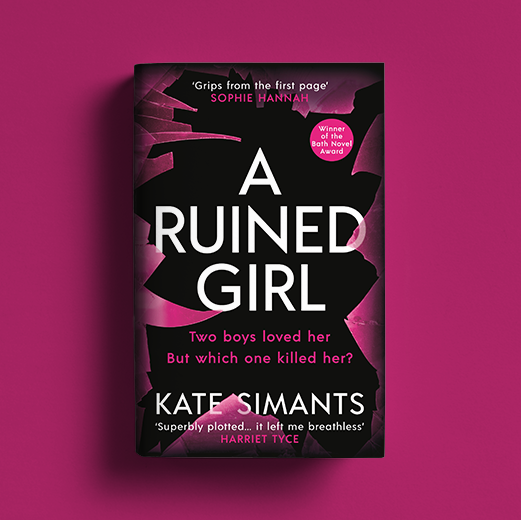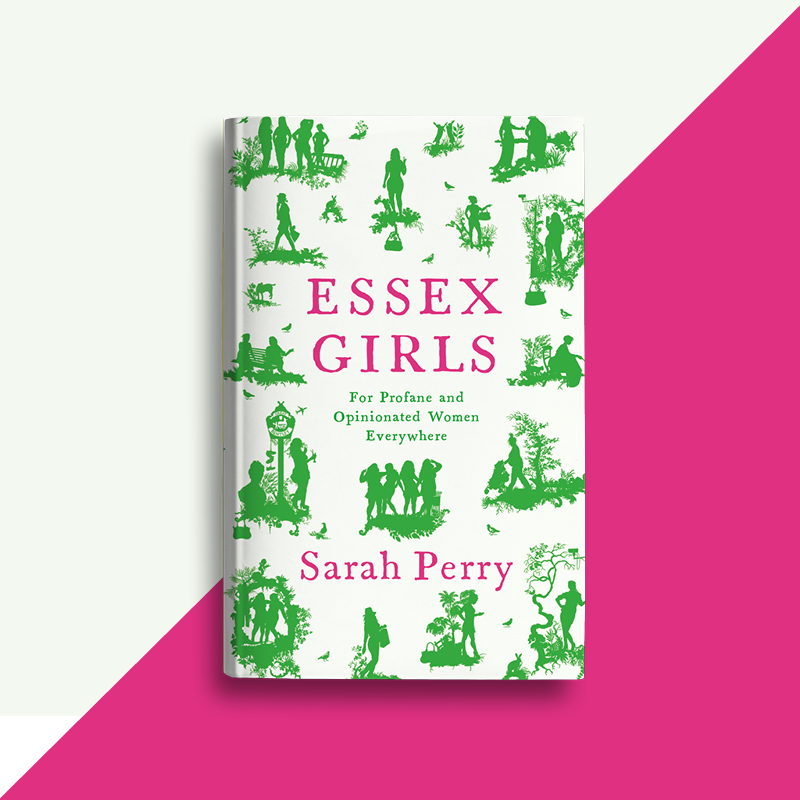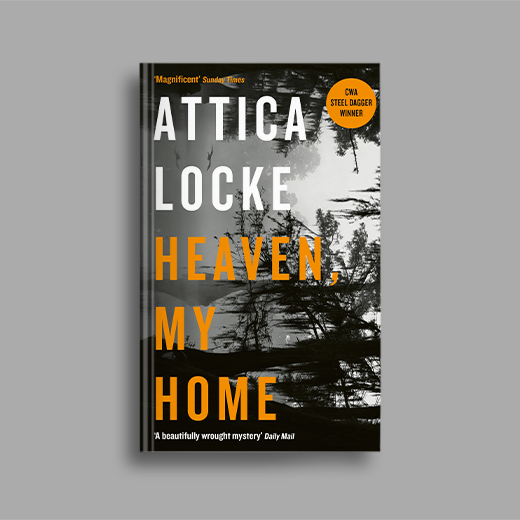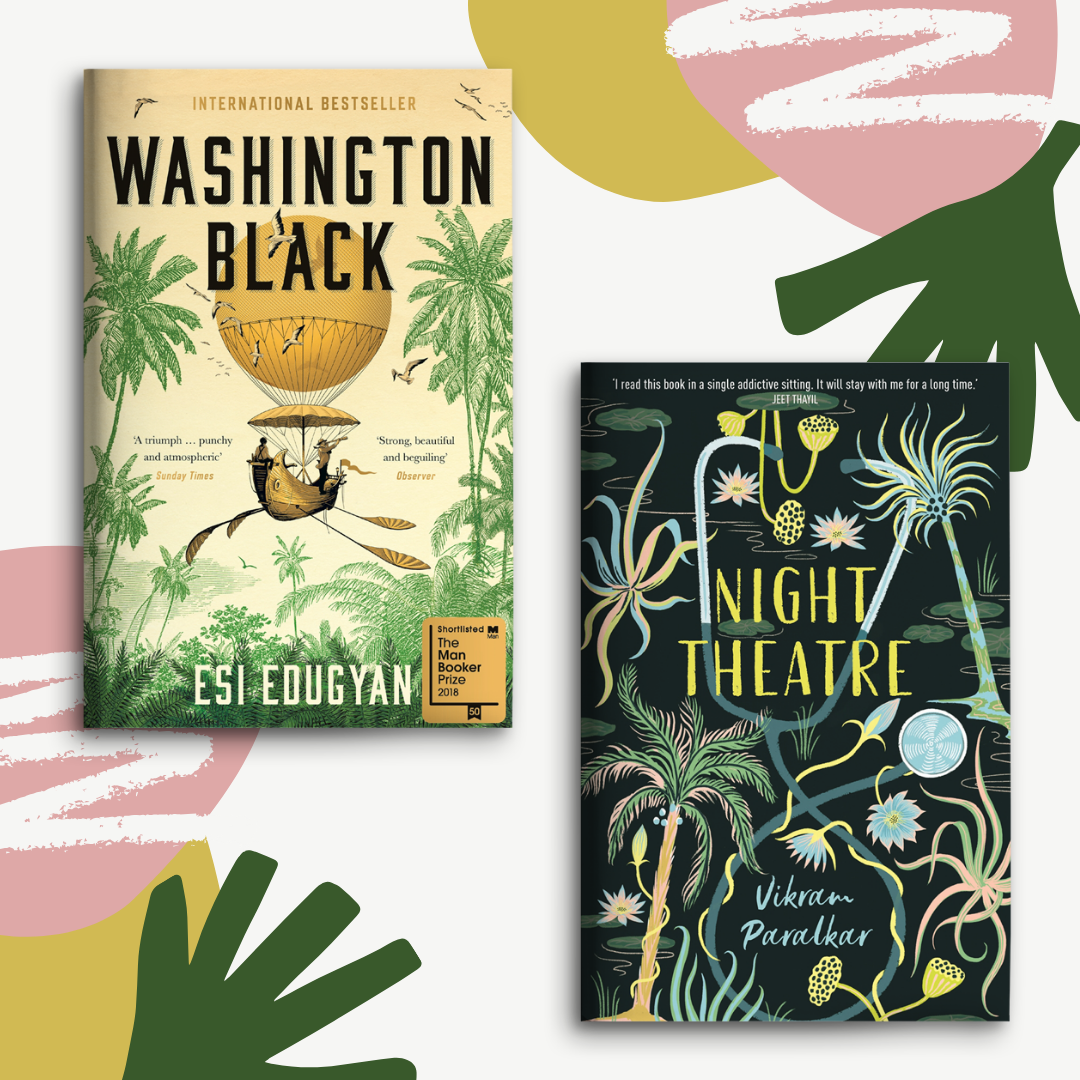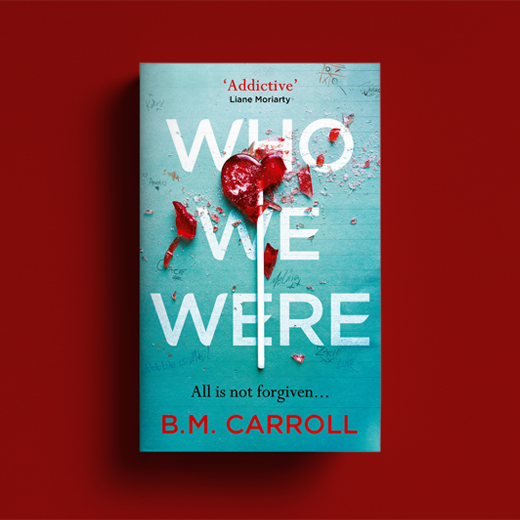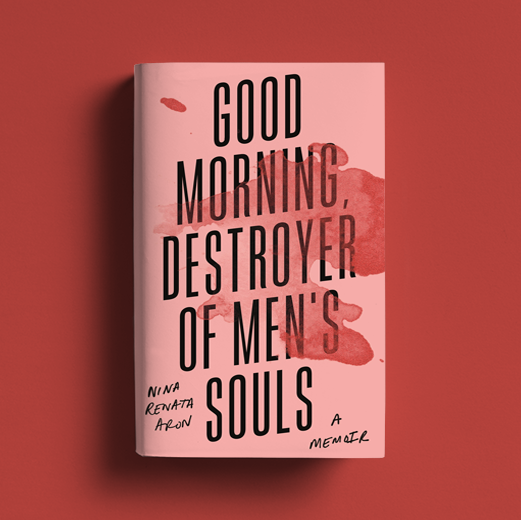
‘An essential read’ Washington Post
‘A scorching, unvarnished memoir’ EW
‘Dark, gorgeously narrated’ Publishers Weekly
Good Morning, Destroyer of Men’s Souls is Nina Renata Aron’s scorching memoir addiction, codependency, and our appetite for obsessive love.
Nina Renata Aron has written a blazing memoir about love, addiction and codependency. In it, she tells the story of her affair with K, whose heroin addiction mirrors that of her sister’s growing up. Theirs is a relationship full of the coincidences and gorgeous, heart-stopping moments of romance novels: the sort of love story that we as a culture are addicted to. But it is also full of pain, shame and betrayal. Nina weaves personal reckoning with psychology and history to get to a deeper understanding of the nature of addiction, codependency, and our appetite for this kind of obsessive love. She examines the part played by family and loved ones in addicted relationships, looks at the history of female temperance campaigners and Al Anon, and considers the overlooked role of women in stories of addiction and specifically her own. It is beautifully written and compellingly told, and we at Serpent’s Tail fell in love with this book on first reading.
Editor Louisa Dunnigan talked to Nina in advance of the UK publication to learn more about her writing process, and the thoughts behind the book.
Scroll down for an extract below. Follow Nina Renata Aron on Twitter @black_metallic
Buy your copy from Waterstones | Amazon | Hive

A Q&A with Nina Renata Aron, author of Good Morning, Destroyer of Men’s Souls
Louisa Dunnigan: What prompted you to write the memoir?
Nina Renata Aron: I was following Toni Morrison’s dictum, “If there’s a book that you want to read, but it hasn’t been written yet, then you must write it.” I had been looking for a memoir written from this point of view for many years. From the time my family was struggling with my sister’s addiction when we were teenagers, I had sought out books that might offer some solace, but all were written by addicts or alcoholics themselves. None seemed to represent the bewildering experience of loving and living with an addict, to get at the texture of that life in a nuanced way.
It wasn’t until I went back to Al Anon about four years ago that this idea arose. I started connecting historical dots between the emotional tenor of early writing about Al Anon and the impassioned rhetoric of the temperance movement a century earlier. I found it very useful to be able to contextualize some of my own anguish. I realized that women had been living alongside this disease for a long time, that they’d evolved certain strategies to respond to it and survive it, and that allowed me to let go of some of my own shame. I could see my problems as part of a larger story, and less as an individual pathology, and that was very healing. I thought it might be healing for others, too, so I set about writing this book.
LD: What was your experience of writing it?
NRA: To be honest, it was incredibly difficult. In order to get the details right, I spent many days in the archives of my life—looking through old journals, letters, photographs, and emails—and it was draining. It was especially sad to confront my own depression and to look with renewed scrutiny at some of my bad decisions. But it was also incredibly cathartic to wrestle this material into an arc, to see how certain experiences had informed later life choices, and especially to try to situate my anguish in a larger context. I think the codependent condition can be hard to articulate, so the most joyous moments were when I felt I had really gotten something right, when I’d arrived at a way of putting something that felt true and new. In those moments, I felt like I’d uncovered a new way to express what this experience is like, and that was so gratifying.
LD: In the book you write about your own experiences, but also the history of co-dependency and the Al-Anon movement – what did you discover that surprised you, or has stayed with you?
NRA: I was surprised by the sadness, desperation, urgency, and political power of women’s writing from the temperance movement. I remembered learning about the movement in history class, and its leaders were represented as joy-killers, out to ruin everyone’s party by banning booze. In fact, they were women who were forced to depend on men for their basic needs and many of their lives had been upended by alcoholism. They couldn’t simply file for divorce and move out—those were rights they had to fight for. I was deeply moved by their yearning for autonomy, for the freedom to make decisions about their own lives and households. Their movement was complex, and tainted by racism, so I never want to celebrate it unequivocally, but temperance women were forerunners of suffragists (many were suffragists) and they had a broad progressive platform, including better protections for abused children, stricter anti-rape laws, better sanitation, and worker’s rights. Learning more about them was riveting for me.
LD: What sorts of conversations did you have with family and friends about the book?
NRA: I am fortunate because my family is very close and they were all supportive of me writing this book. When I was finished with a first draft, I gave it to them, and to K, to my ex-husband, and my best friend. That was nerve-wracking; I think I didn’t sleep for a few nights. I remember reading Mary Karr saying that if anyone “flat-out denies” something she’d written, she’d take it out, and I planned to do that, but no one had any objection to the facts. As for the mood of the book, there were conversations, especially with my mother, about how dark it was. I think my closest people know me as someone who laughs a lot, enjoys many things, loves my children madly, and it was heavy for them to contend with just how bad things had gotten at various points, how sad this telling of my life felt. My ex-husband was getting re-married around the time I finished writing this and he and I were able to have some healing conversations on the eve of that milestone; I’m very grateful for the friendship we’ve made.
I was particularly careful to have real conversations with K and my sister to make sure that neither one felt exploited by my representation of their struggles. That was emotional, but both were kind and supportive. For me and my sister, it was nostalgic and very freeing. For K and me, it occasioned a lot of conversation about the relationship. We talked about the things I’d chosen to include and the things I left out. We cried a lot, and apologized a lot. In sobriety we have both been “restored to sanity,” as AA promises, and it was hard for us to believe some of these things happened in the first place.
LD: What do you hope readers will take away from it?
NRA: I hope that this book invites readers to take codependency seriously. We have for so long seen the people suffering in the midst of addiction as pathetic or pitiable, but I believe we have not seen this struggle in its full complexity. I also want people who are in relationships with addicts and alcoholics—or those who simply have trouble loving themselves or maintaining healthy boundaries—to know that there is support and help for them. This is a real thing! And it’s something we ought to be talking about. The shame of staying in a “toxic” relationship is so powerful and I want people to know there are resources available to them.
LD: What has it been like seeing the book out in the world in the US?
NRA: It’s been a wonderful experience so far. Of course, the world changed dramatically in the months before my book was published, so it was necessary to adjust some of my expectations. That said, for every canceled real-world event, two virtual events have sprung up in its place. I’ve had the opportunity to meet and talk to and read with writers from all over the country, and that’s been immensely satisfying and exciting. The kind of literary community that has surfaced in this time of crisis is heartwarming and, frankly, sanity-sustaining.
Being read and taken seriously by critics and other writers has also felt so good. But hearing from readers has been by far the best part of this journey. While I was writing, it was helpful to envision an ideal reader, the woman I was writing this book for. I even wrote a couple pages about her and I’d consult them frequently to remember who she was and what she might need from a book like this. On the days when I was exhausted or ended up crying more than writing, I would think about that reader and the image I had of her kept me going. In the weeks that the book has been out in the US, I have been hearing from a version of that ideal reader every single day, women who tell me that they needed to read this, that it has helped them put their struggles into words or into greater perspective, that they feel less alone. I get chills every time I read one of those messages and I try to respond to every single one. That is just the most thrilling part of this whole experience.
EXTRACT
The disease he has is addiction. It’s in the headlines every day, killing more people than ever before, taking over the country. I look at graphs in the newspapers showing steep, almost vertical upticks in overdoses and deaths. I read all the stories—about the cheap, pure Mexican heroin flooding the market, about school-age kids left to fend for themselves as their parents descend, then disappear, about small-town librarians carrying NARCAN to reverse the overdoses happening in their bathrooms, about the cops in a futile, all-out war to stem the tides of supply and skyrocketing demand. At work, I surreptitiously watch Vice videos about Canadian teenagers panhandling so they can snort crushed-up Smurf-blue Fentanyl, chasing ever-shorter highs. They amble around hot parking lots, sending text messages in search of ten more minutes of oblivion, more pills they can crush into the powder they snort off the backs of public toilets. You can see any prospect of future joy receding as their faces slacken and their lids grow heavy.
But even the constant reporting on the recent surge in drug horrors—seen as more horrifying now that the people affected are increasingly whiter and younger—cannot adequately document its monstrousness. Each time I read one of these stories, watch a film, or look at a graph, I think about all that lies outside the frame, the heartaches those headlines don’t show, the creeping messes they won’t account for and couldn’t possibly contain. They say addiction is a “family disease,” and I ponder this a lot, the astonishing rippling outward of bad decisions and risky behaviors—the impound lots, eviction notices, and pawned heirlooms, lives caught up, just as mine is, in managing everyday grief, accommodating each day a little bit more, more than you ever thought you could handle.
A cool morning in early autumn, Oakland, California. K is poised to get out of the car and onto the BART train to head to a job I’m not certain he actually has anymore. He presses play on the music on his phone and pulls the hood of his black sweatshirt—the addict’s veil—gruffly up over his headphones. In the way a different person (me) might straighten her skirt or reach for her purse, K readies himself for public view with a series of small, personal movements. They are designed to hide as much of himself as possible. In more desperate times, he has ridden the train looking for people to rob, seizing upon couples he could intimidate by threatening to hit the woman. He wouldn’t hit a woman, he said when he first revealed this to me, but the tactic always worked. And the guy gets a moment to shine, he added. All he has to do is fork over the cash and he looks like a hero. But K’s habit is not that out of control at the moment, and besides, he has me.
His waking hours are a careful calculus. To get from sunrise to sundown, he needs forty dollars—thirty for heroin and ten for crack. Maybe a couple bucks more from the change jar for one of those plastic containers of lemon or lime juice that junkies use to break down crack. Bodegas in bad neighborhoods sell them on the counter. I used to wonder what they were for. He doesn’t actually shoot drugs in front of me; the actual moments when he’s getting high are more like an open secret between us. He usually goes to the bathroom to do it, and I can often hear him humming innocuously from behind the door, sometimes whistling, sounding carefree and maybe a little excited, like he’s Mr. Rogers buttoning his cardigan and donning his loafers, readying himself for a wholesome adventure.
He’ll do the first shot, a combination of the two, to get the first high of the day, the only true high. After so many years of shooting dope, speedballs are the quickest way to feel something. He’ll do a second shot of the heroin he’s saved later, to come down a bit from that bell-ringing height. And he’ll need another one at night, but will rarely have enough left. His evening shot will just be a rinse—the weak residue of heroin left over in the cotton. It would be best if he could save himself a wakeup shot for the following morning, but he never finds a way to. (Does anyone? The wakeup shot might be a junkie myth.) At night, he might have a drink or take some pills or smoke some weed, but none will quell the mushrooming dopesickness— or the fear of dopesickness, which he tells me is just as strong as the sickness itself—that will peel him out of sleep around 4:00 a.m. and linger, a light panic, throughout the morning. Dirty as it sounds, there’s something neat and straightforward about his routine. It depends upon other humans—through cooperation, manipulation, coercion, force—yet it also remains pristinely single-minded, self-directed, and selfish. So many of our habits come to feel like rituals, but if you think about it, few are truly nonnegotiable. I like to have a cup of coffee with a splash of milk every morning, but if there isn’t coffee or milk at home, I simply wait. The day might take on a different shape, a detour to stop at a café or a trip to the market. Maybe I’ll go without coffee until later in the afternoon. This isn’t like that. The necessity of getting drugs and the wolfish entitlement to be high arrive anew each morning with the rosy light of daybreak, and he sets about, diversionless, feeding that urge.
Buy your copy from Waterstones | Amazon | Hive
